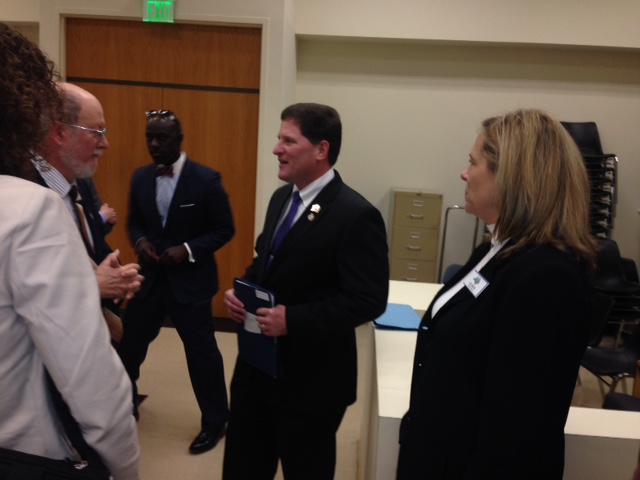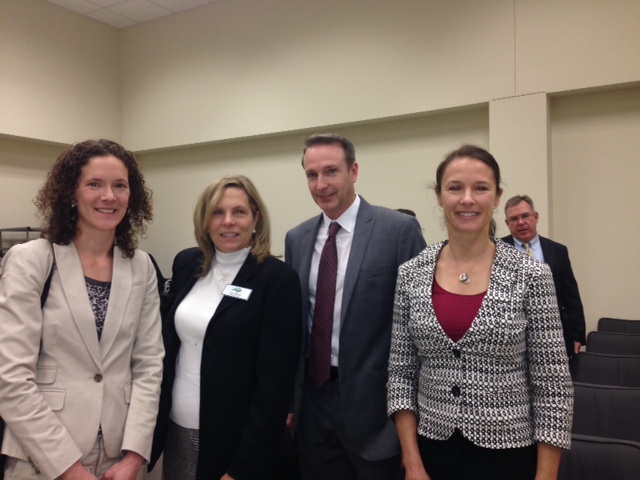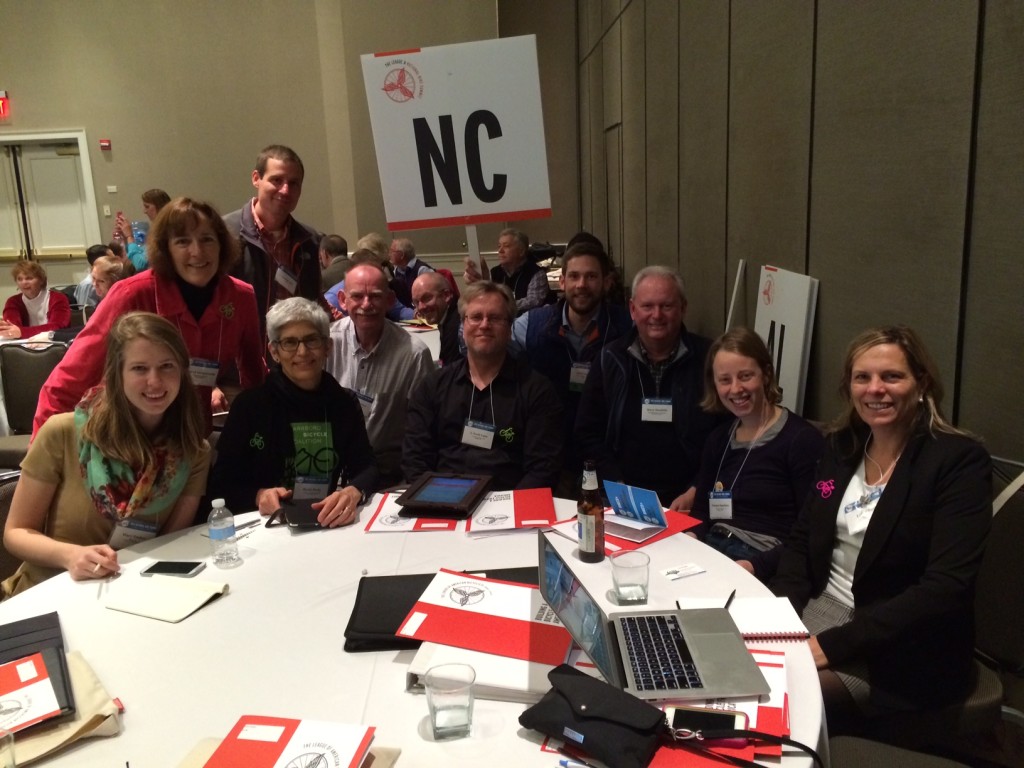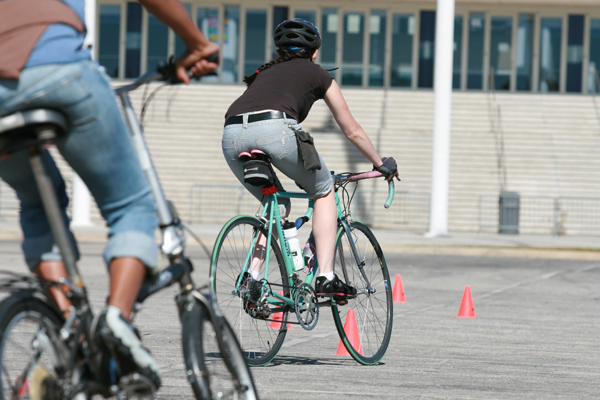
Do you like the idea of riding your bike around town for fun or utility, but don’t feel as confident as you’d like? Do you have trouble starting on a hill or negotiating busy intersections? Then try a Cycling Savvy class! Instructor Pamela Murray is offering the Cycling Savvy program in Charlotte May 15-16. Cycling Savvy classes teach the principles of Mindful Bicycling in three separate courses: in the classroom, on the bicycle, and out in the city. Read details and register here.
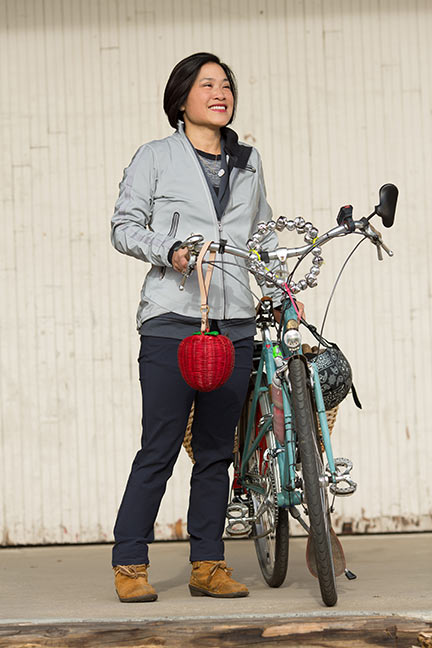
About Pamela:
All I want to do is ride my bike. A lot. I want to ride every day to every place I need to go. Why? Because I like to and it’s fun. But in order to ride every day, I have to be able to return safely every day. I am a wife, a mother, a daughter, a sister, a volunteer, a citizen. In order to ride safely I took a class on bicycle safety called Cycling Savvy. The class was so good that I think everyone should take it. The class taught me how to read the road markings and decipher which lanes would be the safest to ride in and how to negotiate large intersections, etc. As we all know there are many roads that have been designed with motor vehicles in mind rather than bicycles or pedestrians. That’s ok. That’s life. Look at the road and figure it out. Knowledge is power.
Sign up and register for a Cycling Savvy class with me. See how much you can learn. You’d be surprised how many strategies there are to keep your self safe. It’s defensive bike driving. It’s covered in 3 classes. Class 1 is a classroom session where we discuss the rules, bike safety and strategies. Class 2 is a parking lot session where we practice bike skills and drills. Class 3 is a ride around town to put everything together.
I know many long time riders will be hesitant to sign up for the class because they think they know everything. I can guarantee everyone can learn valuable tips. Even though I’ve only been riding for 8 years. I’ve logged many miles before I took the class. After the class, I felt like things I learned have saved my life many times over. In addition, many crashes have been avoided and my rides have been more pleasant since confrontations have been reduced. I hope to see you in class.
